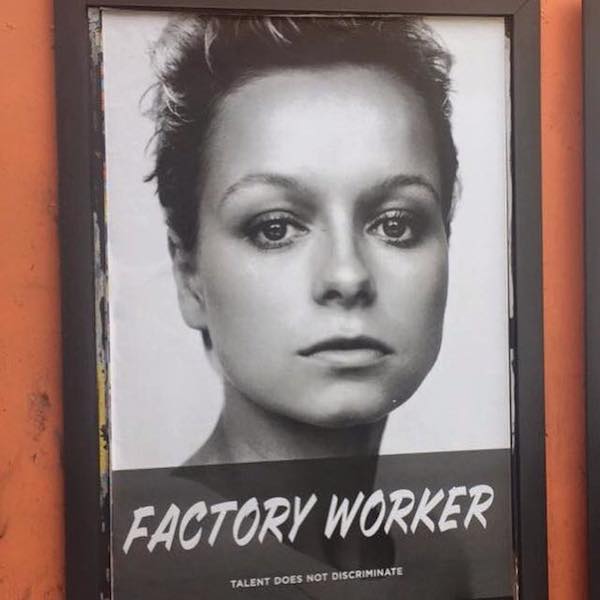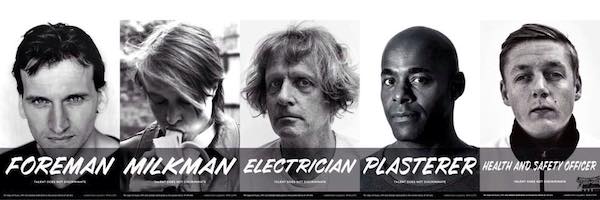Art World
There Is a Serious Lack of Diversity in the Arts in Britain—Are We Surprised?
Talent may not discriminate but apparently others still do.

Photo: via Facebook
Talent may not discriminate but apparently others still do.

Amah-Rose Abrams

It’s fair to say that Britain is famous for at least two things: its fantastic arts output across the board, and its unequal, yet prevailing class system. And the two are closely intertwined: Employment in the arts in the UK is highly imbalanced with a bias towards white, middle class males, a survey has revealed.
Commissioned by arts organisation CREATE, a study for “Panic! What happened to Social Mobility in the Arts?”, has revealed that within the arts, race is thought to be a large factor in employment, women are more likely to be in unpaid or low-paid work, and that most people working in the arts were from a middle class background.
“What’s most alarming is how things are going to get harder for young people in the arts who haven’t got family support, because of how much more precarious the situation is looking like it will become,” said Hadrian Garrard, director of Create to the Guardian. “The scale of people who have worked for free or are working without a contract is pretty scary. And given how much more expensive it is to live in London, it is more and more likely that people without money will just not be able to follow careers in the arts.”
The findings show that women, on average, earn a whopping 32 percent less than their male counterparts and are 11 percent more likely to have worked for free. They also show that 76 percent of people working in the arts have one parent who works in a management position and are thus deemed middle class.

Panic! What Happened to Social Mobility in the Arts? Is hosting a series of talks and debates on the subject
Photo: courtesy of Create.
From the Beatles to Tricky, John Galliano to Alexander McQueen, Tracey Emin to Grayson Perry—some of the most famous faces from UK were born into working class families, and the right to social mobility is considered highly important, although there are also many arts professionals who come from wealth.
Following major cuts to welfare and rising fees in higher education, there has been growing concern over access to the arts and art educations for young people from lower income backgrounds. A number of arts jobs require a degree or even a Masters degree for an entry-level position that may not immediately pay. This could rule out those who are not financially self sufficient or supported by their family or partner.
A lack of formal contracts and low pay is also thought to be driving many people into debt.
The study was commissioned as part of a series of events held at the Barbican in London for “Panic! What happened to Social Mobility in the Arts?”. Supported by artists such as Sarah Lucas, Grayson Perry, and David Bailey the organization is holding a series of debates and talks on the findings of their survey in collaboration with Goldsmiths College, the Barbican Center, The Guardian and British Art Show.
“Panic! What Happened To Social Mobility in the Arts?” runs from 26 November – 4 December 2015.